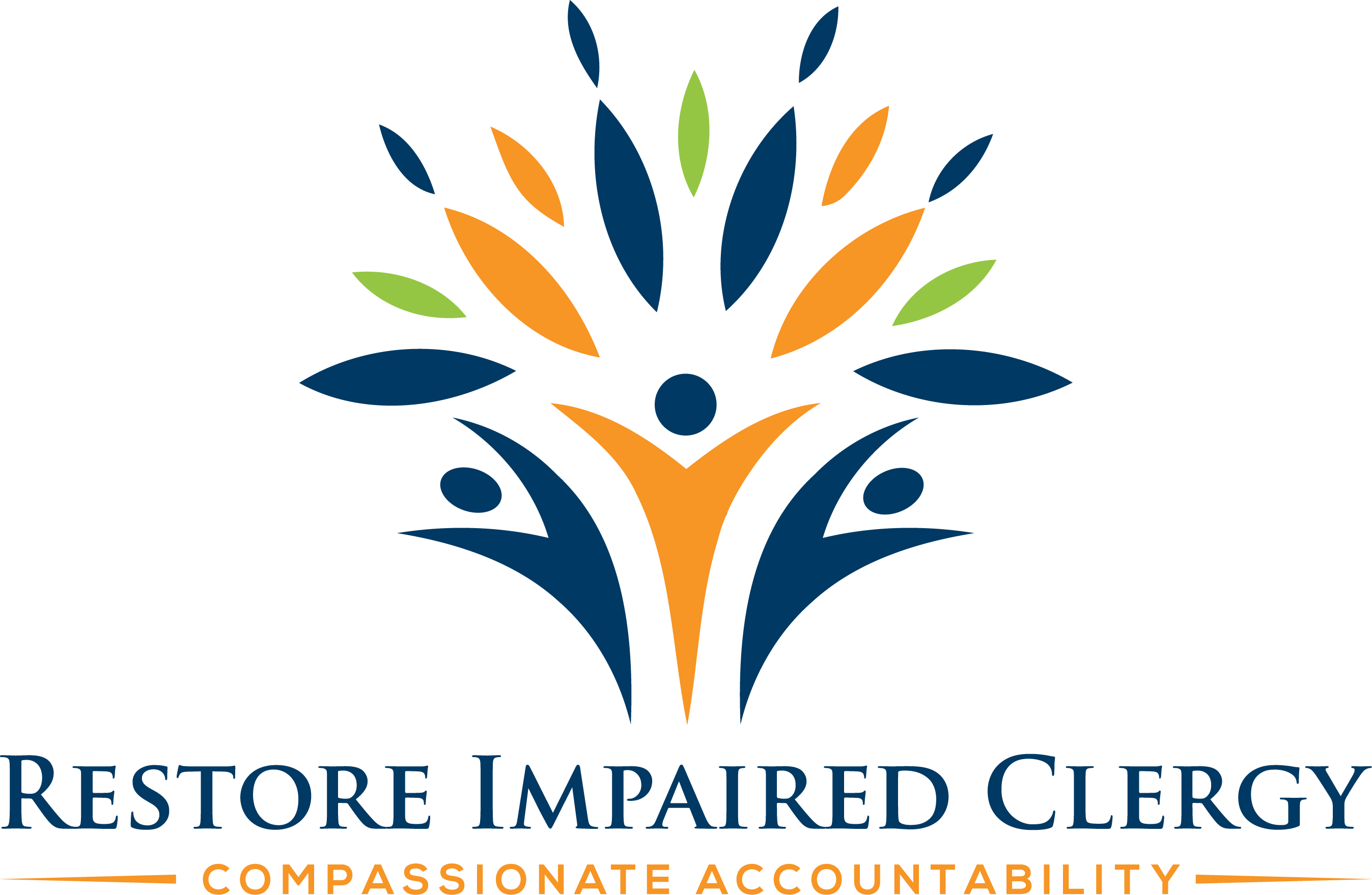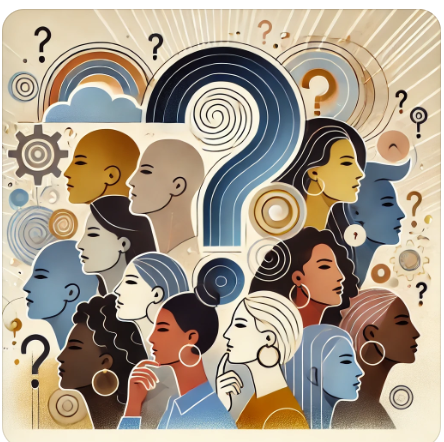
Just exactly what does CRIC do?
We start with gratitude for the rapidly growing number of people who are part of this work. Some don’t quite seem to understand it. CRIC doesn’t offer therapy. It doesn’t do interventions. Here is a brief outline of what we do. Please feel free to share this with people who need to know about this crucial work.
Like other people, clergy have an endless variety of physical, mental, emotional and spiritual impairments. “We’re all impaired.” Yet, the Center addresses only behavioral health impairments, like substance use and mental health disorders. But the Center does not provide counseling, treatment, insurance or an employee assistance program.
So, just exactly what does CRIC do?
The Center helps governing officials use the best practices that support recovery in behaviorally impaired clergy while holding them accountable. We support them through policy formation, programming and training in these best practices.
Just exactly what does CRIC do?
- Many clergy with behavioral health issues manage them through verbal therapy or medication. CRIC promotes the policies and education that support them in seeking help.
- Some are unable or unwilling to take these steps in self-care. This inability or unwillingness leads them to trouble in their work. The Center helps governing bodies find a way for the individual to maintain or regain their professional status while safeguarding the people they serve.
- Because the church is a community in Christ, other people in that community need paths to help themselves and learn to hold accountable the clergy with the behavioral health problem. The Center provides education and guidance for colleagues, congregants, and lay leaders as well as judicatory staff.
- Clergy in general and judicatory officials in particular have limited knowledge in behavioral health issues. The Center also provides basic education for them in substance use disorders, other addictions and mental health issues.
How does your governing authority handle clergy whose issues with addiction or mental health hurt them, their families or their ministries?
CRIC is a non-profit whose sole purpose is to influence governing authorities to use the comprehensive approach of Compassionate Accountability for these issues. To learn how you can help, contact the editor, Otto Schultz, at 402-770-1974. [email protected]
Just Say “No Thanks”
Compassionate Accountability is the newsletter of The Center for the Restoration of Impaired Clergy. You receive it since you indicated an interest in the Center’s work. To stop it, just say “No Thanks.” The newsletter is assembled by Otto Schultz so address your complaints and questions to [email protected].

